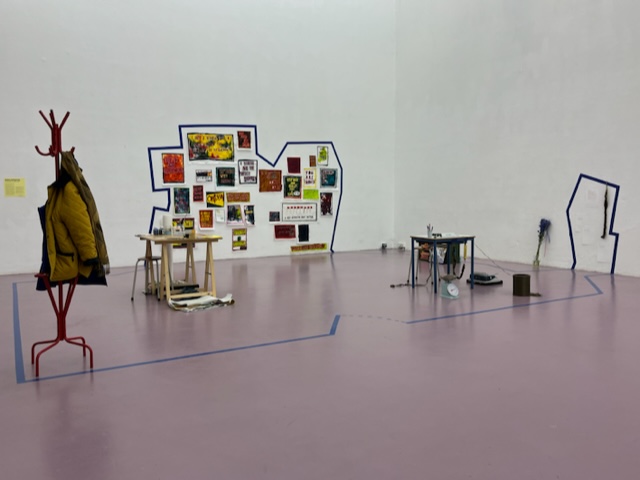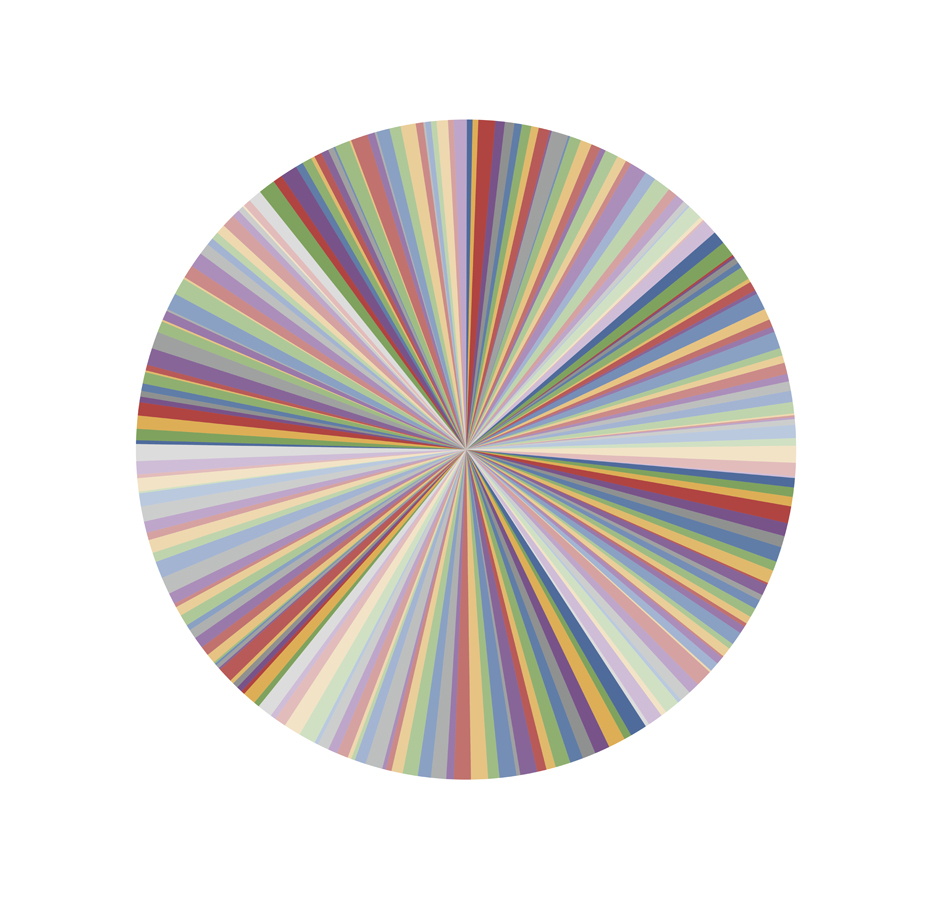
Narrative über / FORSCHUNGSPRAXIS / kennenlernen
Anna Heudorfer (Stiftung Innovation in der Hochschullehre)
Forschung begegnet uns medial alltäglich: Gerade die Corona-Pandemie hat gezeigt, welche Rolle aktuelle Forschungsergebnisse und Einschätzungen von Wissenschaftler*innen in der öffentlichen Kommunikation spielen können. Doch wie wird das Forschen als Praxis in den Medien dargestellt? Welche Rolle kommt den Tätigkeiten von Forschenden zu? Welcher Eindruck des Forschungsalltags entsteht? Auch Studierende und Studieninteressierte kommen mit medialen Darstellungen von Forschung in Kontakt. Anzunehmen ist, dass dabei bestimmte Verständnisse von Forschung gebildet und bebildert werden, die die Studierenden in die Hochschule tragen.
Bei ihrem Einstieg in die Hochschule – so das nach wie vor landläufige Programm wissenschaftlicher Bildung – sollen die Studierenden (auch) in Forschung eingeführt werden. Sie lernen mit der, durch die und in der wissenschaftlichen Praxisgemeinschaft. Dieser Vortrag analysiert, welche Bedeutung medial geformte Narrative von Forschung für das forschende Lernen haben könnten, weist auf Spannungsfelder hin und zeigt Chancen des offenen Austauschs mit Studierenden über Forschung auf.
Anna Heudorfer ist Referentin für Projektförderung in der Stiftung Innovation in der Hochschullehre in Hamburg. Sie hat zur Aushandlung von Forschung im Kontext der Hochschullehre promoviert. Weitere Stationen waren eine Tätigkeit als wissenschaftliche Mitarbeiterin in der Begleitforschung zum Qualitätspakt Lehre an der Universität Hamburg sowie die Koordination des Programms Lehre der Alfred Toepfer Stiftung. Nebenberuflich ist sie zudem als Lehrbeauftragte an der Fernuniversität Hagen tätig und begleitet das Hamburger Medienprojekt „kohero“.

Making structures care – care deficits in food rescue –and experimenting with Breadline
Daisy Tam (Hong Kong Baptiste University)
The care deficit has been defined as an inability to provide care for the needs of others, understood as a shortage of supply or a lack of access to care. In this talk, I’d like to broaden the scope of understanding by looking at practices of care in volunteering through a food rescue operation in Hong Kong called Breadline.
The social discourse of care is often represented as universal, unlimited and unequivocally good. However not all care is good care – to care well and effectively requires attending to the multiple and sometimes conflicting demands of the how and why, where and when, and whom or what we choose to care for.
In this talk, I would like to explore the multiple dimensions of care through a series of grounded case studies, and examine the nature as well as the conditions and frameworks necessary to make care possible. How can we approach care as a social capacity instead of an individual quality? How did we design Breadline sustain communities of care? How can we activate, generate and facilitate better ways of care and caring practices?
Daisy Tam received her Ph.D. in Cultural Studies from Goldsmiths, University of London. Her research in urban food systems and critical cultural analysis on food waste is a theoretical and technical endeavour underpinned by an interest in ethical practices of care. She won the Fulbright Senior Scholar Award and undertook research at MIT in 2018-2019 where she developed Breadline – HK’s first public digital platform for food rescue. She collaborates closely with community organisations and works in an interdisciplinary and impact-driven manner.
